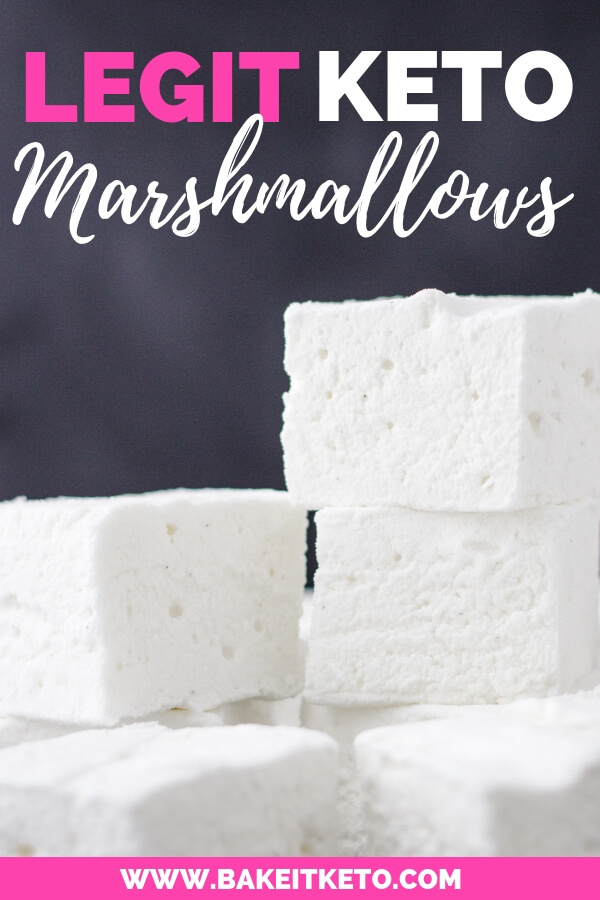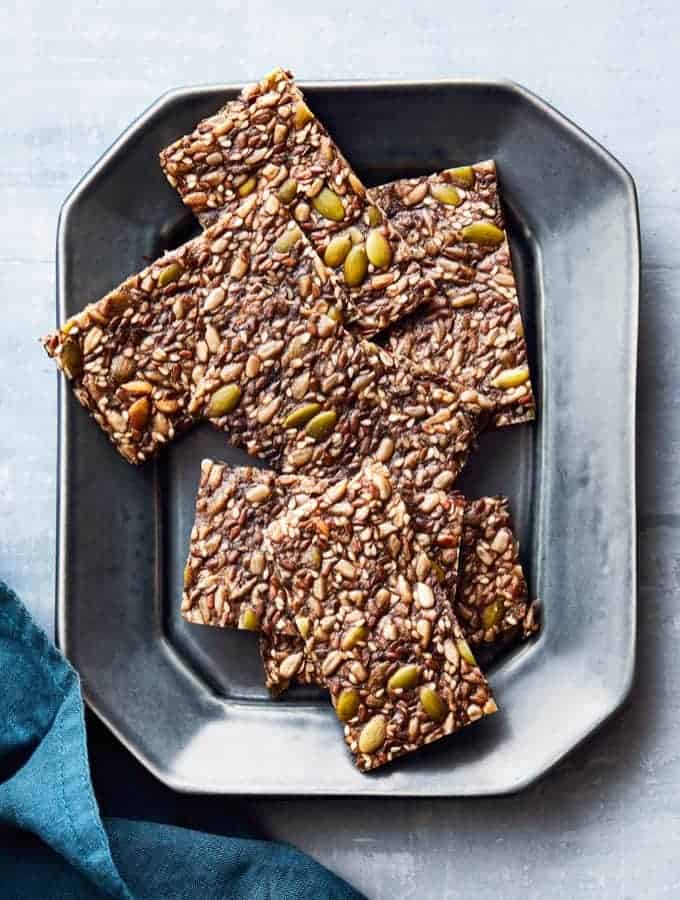
Apply Now


Essential Benefits of Using a Makeup Primer
Makeup primers have become increasingly popular in recent years, acting as the invisible shield between your skin and makeup. They work to enhance your foundation's longevity, improve texture, and provide a smooth canvas for application. But what exactly are the benefits of primer? In this article, we'll delve into the importance of makeup primers and how they can elevate your beauty routine, particularly as we look towards current trends expected in 2025. Whether you're aiming for a flawless foundation, a glow-inducing finish, or simply a base that can withstand the day, the right primer can be your best ally. With so many options catering to different skin types and concerns—such as oil-free formulas for oily skin or hydrating options for dry skin—there's a primer suited for everyone. This article will guide you through various primers, elaborating on how to use them effectively and the specific benefits they provide, ensuring you're equipped with the knowledge to make informed choices. As we explore the diverse range of makeup primers, from color-correcting to pore-filling formulations, this comprehensive primer guide will highlight the key takeaways that will help you achieve smooth, camera-ready skin.How to Use Primer for Flawless Makeup
With your primer selected, understanding how to apply it effectively is crucial. Proper application ensures that the primer fulfills its purpose in enhancing your makeup's durability and appearance.Application Tips for All Skin Types
Applying makeup primer may vary slightly depending on your skin type. For instance, if you have dry skin, a hydrating primer can prep your skin by boosting moisture levels. On the other hand, those with oily skin might benefit from a mattifying or silicone-based primer, which can help control shine throughout the day. 1. **Prep Your Skin**: Start with a clean face. Moisturize before applying primer—this is especially important for dry skin, where hydration is key for longevity. 2. **Use Minimal Amount**: A pea-sized amount will suffice; too much primer can lead to a heavy feel and increase the likelihood of makeup sliding off. 3. **Application Techniques**: Use your fingers, a makeup sponge, or a foundation brush to apply the primer. Dabbing or pressing the product into the skin will often give the best results versus rubbing it in. Taking these points into consideration helps create a balanced base for your everyday makeup routine. With these application basics established, let's move on to understanding the effects that different types of primers can have on your makeup.The Role of Primer in Makeup Longevity
Translating the benefits of using primer into practice means appreciating how they extend makeup wear throughout the day. Professional makeup tips suggest using primer as the first step in your makeup routine for optimal effects. When you apply primer before foundation, it acts as a barrier against daily wear and tear. This can mean: - Improved adherence of foundation to the skin. - Reduction of visible texture and blurring of imperfections for a smooth finish. - Enhanced makeup durability, protecting your look from environmental factors like humidity. Choosing the right type of primer based on your skin's needs not only optimizes your makeup's performance but also contributes to how well your foundation wears throughout various conditions. Now that we’ve covered the critical aspects of application and longevity, let’s discuss specific primer benefits for different skin types.Choosing the Right Primer for Your Skin Type
Understanding your skin’s needs is essential when selecting a primer. Here’s a rundown of the best primers based on skin types: - **For Oily Skin**: Opt for a matte finish primer, which controls oil production and minimizes shine throughout the day. - **For Dry Skin**: A hydrating primer is ideal, providing necessary moisture while still allowing makeup to adhere effectively. - **For Combination Skin**: Look for balancing formulas that provide a bit of hydration while controlling oil in specific areas. - **For Sensitive Skin**: A cruelty-free or vegan primer with skin-soothing ingredients can help prevent irritation while providing a smooth base. With a better understanding of your unique needs, selecting the right primer can significantly impact your makeup appearance. Building on this, let’s address primer ingredients to look for in your products.Important Primer Ingredients for Makeup Effectiveness
Understanding the ingredients in your makeup primer is critical to achieving the desired effects. Many ingredients offer specific benefits, reflecting their importance in delivering ideal makeup results.Key Ingredients and Their Benefits
Primers can contain a variety of formulations that provide different outcomes. Here’s a breakdown of some essential ingredients to look for: - **Silicone-based Primers**: These provide a smooth finish and help fill in pores, creating a flawless canvas. - **Hydrating Ingredients**: Look for ingredients like hyaluronic acid or glycerin for added moisture, particularly important for those with dry skin. - **Matte Formulas**: These often include oil-absorbing agents that help control shine and minimize the visibility of pores. - **Color Correctors**: Certain primers offer color correction benefits, such as green-tinted formulas which neutralize redness. By choosing the right ingredients in your primer, you enhance not only your makeup's staying power but also its overall appearance on the skin. Having identified key elements to consider, let's summarize a few primer recommendations for specific makeup needs.Top-Rated Primers: Recommendations for Every Need
As we discuss primer recommendations, it’s essential to highlight a range of products that cater to various preferences, from affordable to high-end options.Affordable vs. High-End Options
When considering a makeup primer, you’ll find options that cater to every budget. Many affordable drugstore primers offer similar benefits to their high-end counterparts. - **Best Drugstore Primer**: For those seeking value, products from brands like Maybelline or L'Oréal provide great benefits without breaking the bank. - **High-End Recommendation**: Brands such as Smashbox or Benefit offer specialized primers designed for specific skin concerns and often come highly recommended by makeup artists. Regardless of your budget, there are options available that provide high-quality results. This approach ensures everyone can find their ideal fit. Now that we’ve examined various types of primers, let’s further discuss the practical hacks to maximize primer efficiency in your routine.Primer Hacks for Enhanced Application
Using primers effectively can be a game-changer in your makeup routine. Here are some practical hacks to enhance your application process: 1. **Layering Techniques**: For extra coverage, consider layering primers—use a pore-filling primer on specific areas while applying a hydrating one on dry patches. 2. **Mixing Primer with Foundation**: For a lighter makeup look, try mixing your primer with foundation to create an effortless, glowing finish. 3. **Spot Treatments**: You can apply primer only in areas where makeup tends to fade more quickly, such as the T-zone for oily skin. These hacks not only save you time but also improve your overall makeup look, enhancing durability and finish. Now, let's wrap up with some of the common questions people have about using primers.Q&A: Common Primer Queries and Solutions
As we conclude this guide to makeup primers, let’s take a moment to address some frequently asked questions regarding their use.What Is the Difference Between Primer and Moisturizer?
While both products prep the skin, the primary difference lies in their intended purposes. Moisturizers hydrate the skin, while primers create a smooth base for makeup application.Should I Use Primer Every Day?
Using primer can benefit daily makeup wearers, but it isn’t necessary for every situation, especially if you’re going for a simple, makeup-free day.Can Primer Help with Skin Imperfections?
Absolutely! Many primers have blurring effects that reduce the appearance of pores, fine lines, and uneven skin tone, leading to a smoother makeup application.What If I Have Oily Skin?
For oily skin, select a mattifying or oil-free primer. These will help control shine and keep your makeup in place longer.Is Primer Necessary for Special Occasions?
For events where you want your makeup to last and look perfect, using primer can be essential for ensuring makeup stays flawless throughout the day or night. Throughout this article, from exploring different types of makeup primers to sharing expert tips and product recommendations, the main takeaway is the significant benefits that primer can provide in your makeup routine. With the right understanding and application techniques, you can definitely say goodbye to makeup mishaps and hello to a flawless, long-lasting look.
